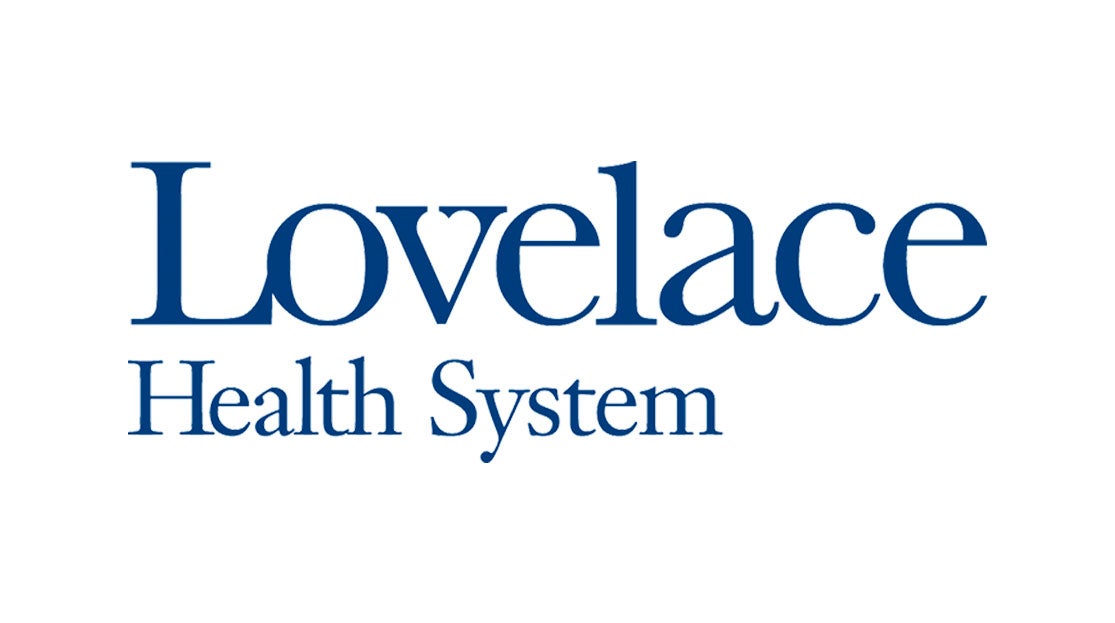
Cervical cancer is one of the most common causes of cancer deaths for women in the United States with more than 12,000 new cases diagnosed each year leading to more than 4,000 deaths. While it is one of the most difficult to detect early, it is also one of the most treatable when found it the earliest stages through screening. Cervical cancer is also largely preventable by vaccinating against one of the most common causes – human papilloma virus (HPV). As more women have learned of the importance of screening, the cervical cancer death rate dropped more than 70 percent from 1955 to 1992. Are you doing what you should be to protect yourself?
Regular Screening
Health care experts attribute regular screening through pap tests as the major contributor for the decline in deaths from cervical cancer. The Pap test finds changes in the cervix before cancer has developed and when it is most treatable. Cervical cancer tends to strike in midlife for most women – between the ages of 20 and 50.
The American Cancer Society established these guidelines for early detection:
Begin cervical cancer screening by the age of 21 for all women.
Women 21 to 29 years of age should have a pap test every 3 years.
Co-testing, with the use of a regular Pap test and HPV test is recommended every five years for women 30 and older.
Health care providers should recommend screening more often for those women at high risk of cervical cancer (suppressed immune system, organ transplant, or long term steroid use).
Women 65 and older, who have maintained a regular screening routine, may stop cervical cancer screening if pre-cancers have not been detected previously.
Women, who have had a total hysterectomy, unless it was due to treatment of cervical pre-cancer, should stop cervical screening. Women who have had a hysterectomy, in which the cervix was not removed, should continue screening according to the guidelines.
It is not recommended women be screened every year.
Women vaccinated against HPV should follow guidelines for screening.
HPV Vaccination
HPV is the main cause of cervical cancer and pre-cancer. HPV is the most common sexually transmitted infection. Women under the age of 30 are more likely to contract an HPV infection. For this reason, vaccinations have been developed to prevent an infection from HPV. Vaccinations, however, do not treat an infection. The Federal Advisory Committee on Immunization Practices recommends females 11 to 26 years old get vaccinated.
To find a physician within Lovelace Medical Group click here.




